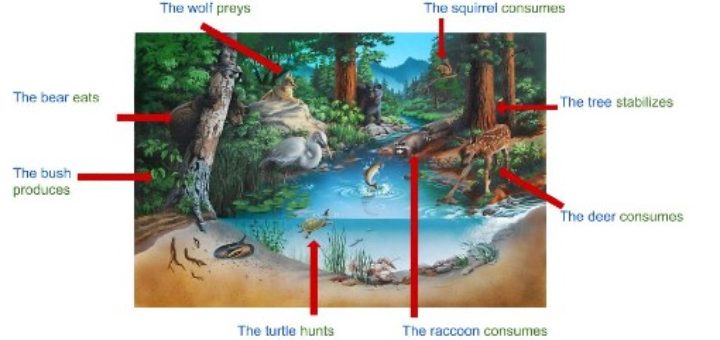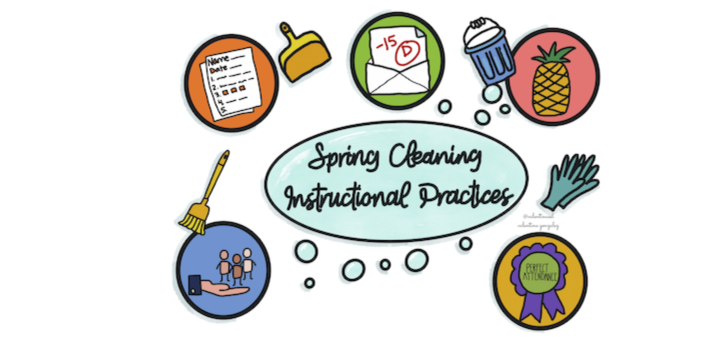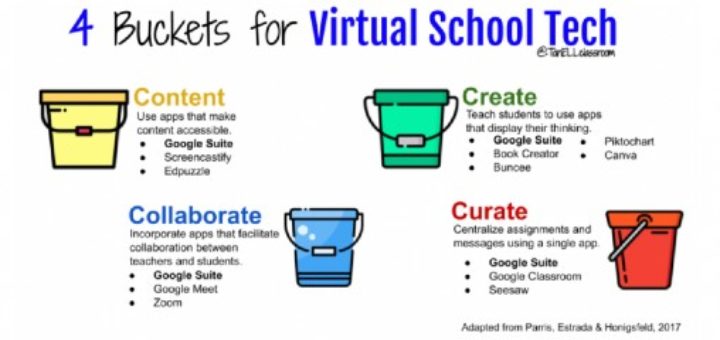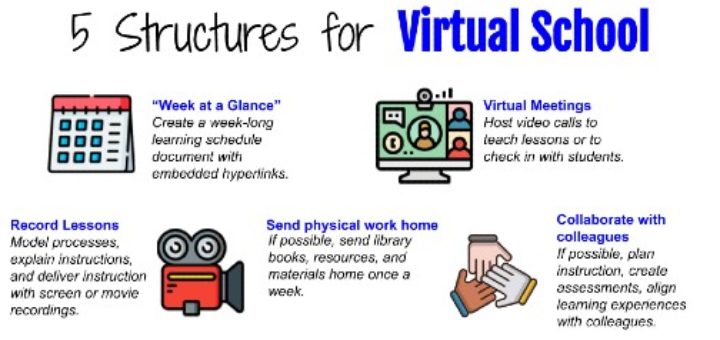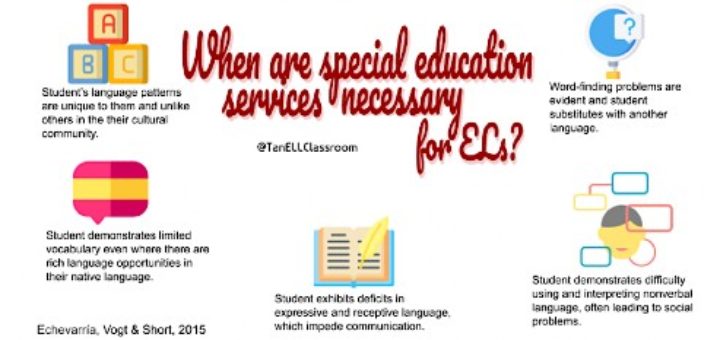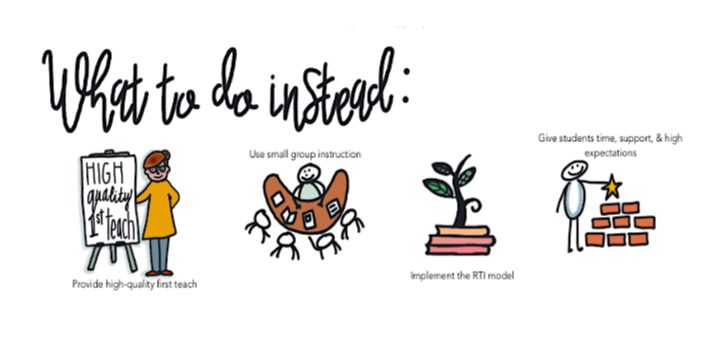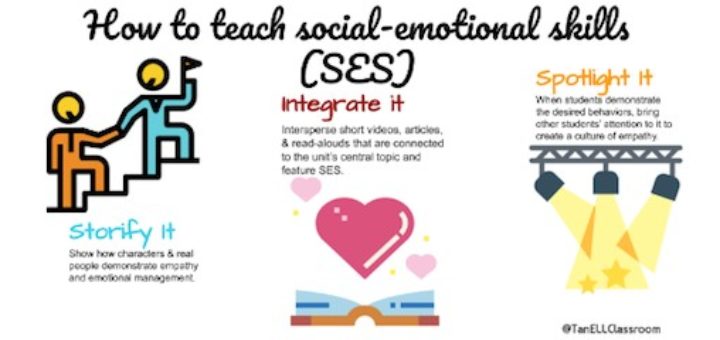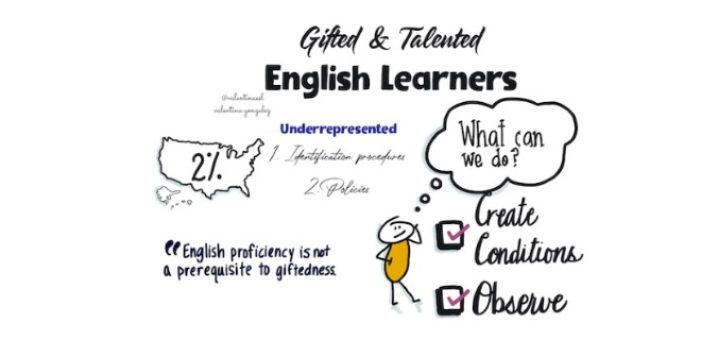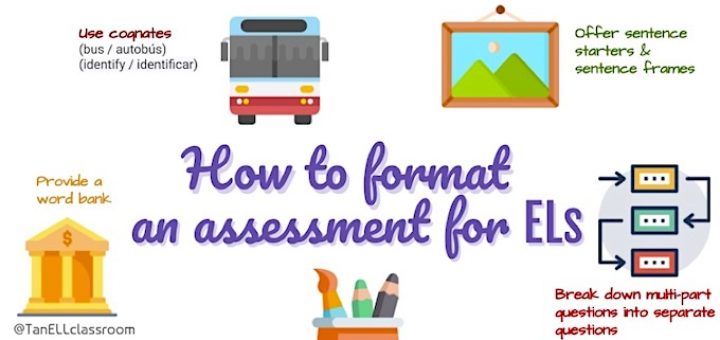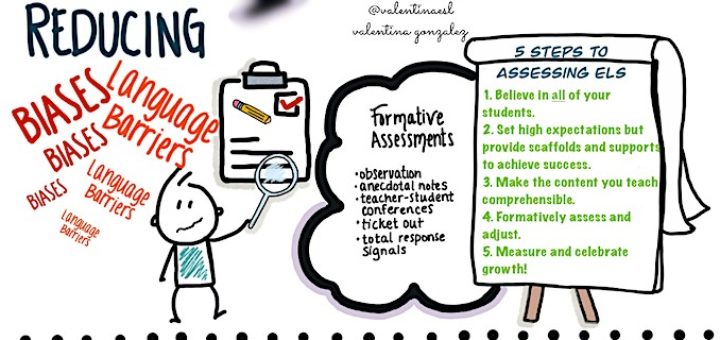Category: The Unstoppable ML Teacher
Words are a low-risk point from which to launch Students with Interrupted Formal Education on their schooling journey. One of the best ways to teach words is with the Picture Word Inductive Model (PWIM), a multi-step process to teach vocabulary. Tan Huynh shows how.
Typical classroom spring cleaning and sorting have hardly happened this year. As distance learning dominates schools, teaching specialist Valentina Gonzalez looks instead at sorting through and acting on our teaching practices: what should we keep, throw away, or begin?
When thinking about the tsunami of ed-tech recommendations shared lately on social media, think “less is more.” You probably don’t need more tech apps; you need to do more with the apps you have. Tan Huynh divides his tools into four buckets, tied to learning objectives.
With the increase of schools worldwide offering distance learning or virtual schools in response to the COVID19 outbreak, middle grades teacher Tan Huynh details how his Saigon international school has developed one-to-one online learning for students since February 3.
An English learner’s developing language skills can easily be misdiagnosed as a learning disorder. As a first step, make sure Els are receiving high-quality instruction. Tan Huynh suggests ways to detect EL processing issues and strategies to support dually-identified ELs.
Talk of grade retention revs up each spring. But it’s seldom a good answer for English learners. EL expert Valentina Gonzalez shares research that debunks the idea that retention helps ELs and suggests ways to boost their academic progress all year long.
To help our English learners leave our classes and schools not only with greater language command but with more emotional control and awareness of others’ perspectives, Tan Huynh suggests storifying SEL, building social-emotional skills into lesson planning, and more.
Cultural constructs and limited school resources can impact our ability to discover gifted and talented English learners. Despite these barriers, determined teachers can help close the EL representation gap in gifted programs. Specialist Valentina Gonzalez offers her ideas.
Wondering how to differentiate the format of the standard paper-and-pencil summative assessment to meet the needs of English learners? Tan Huynh shows how word banks, visuals, single-task questions, sentence starters, and synonyms can help ELs convey what they know.
Teachers need to learn what our students know and understand, but assessment can be difficult if language is a barrier for English learners. EL specialist Valentina Gonzalez offers tips to recognize unconscious bias, support learning with formative assessment, and more.

